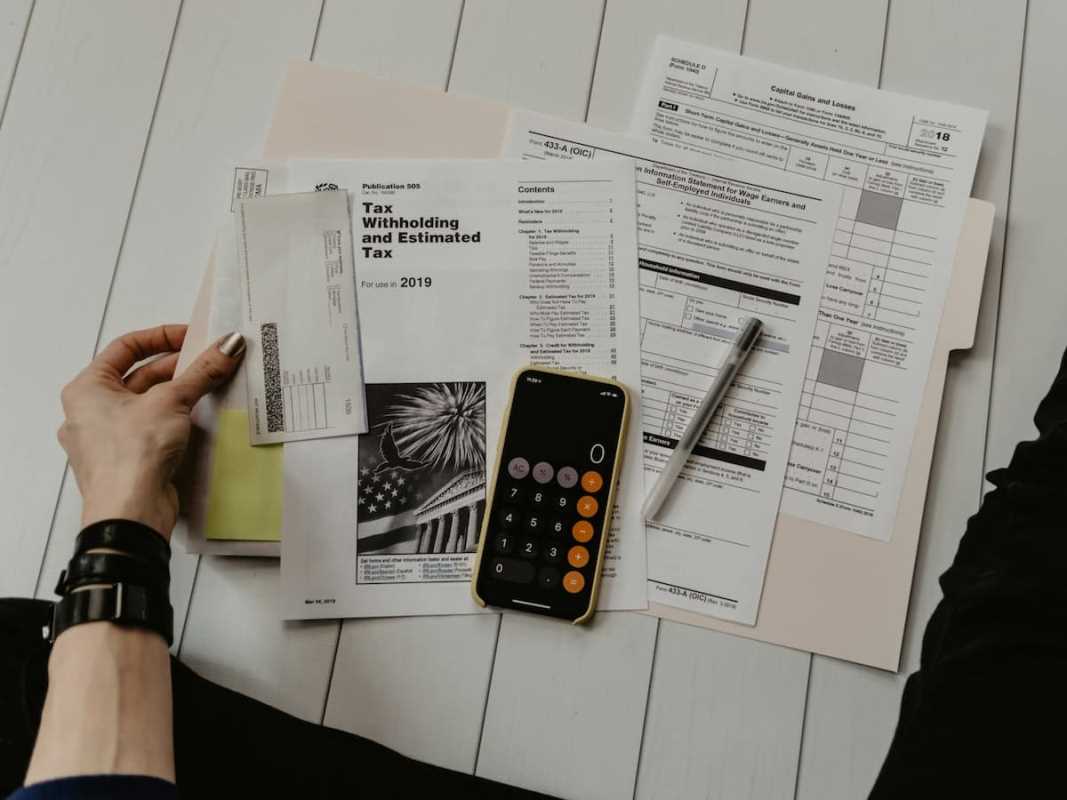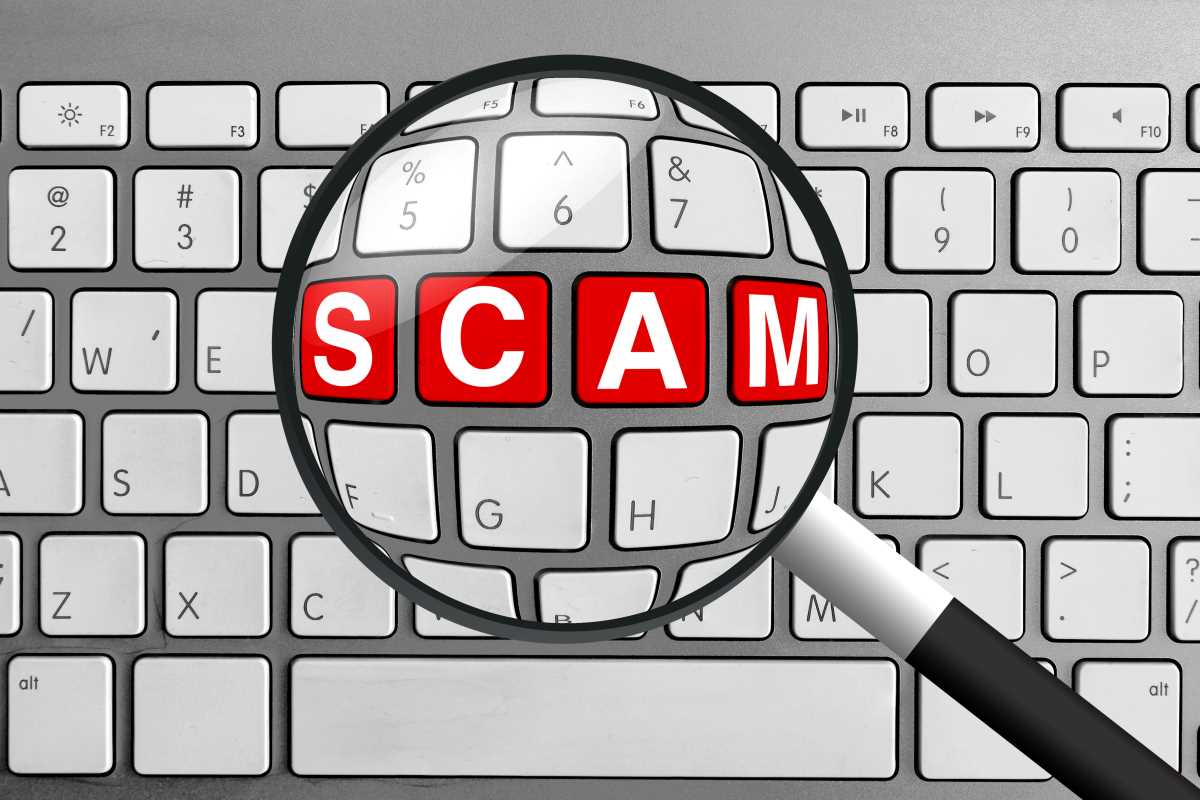A well-rounded emergency fund is a vital safety net, offering financial security during unexpected challenges. Several factors should be considered to build the right emergency fund for your needs.
Size of Emergency Fund
One key factor to consider when calculating your emergency fund needs is your monthly expenses. It is advisable to save at least three to six months' worth of expenses in case of a sudden job loss or medical emergency.
- Calculate monthly expenses: Start by tallying up essential costs like housing, utilities, groceries, insurance, and minimum debt payments. This calculation gives you a baseline to work from, ensuring that your fund covers necessary living expenses.
- Determine your target: Multiply your total monthly expenses by three to six to establish your emergency fund goal. This range is widely recommended as it provides a buffer for most unexpected situations, such as losing a job or facing medical bills.
- Adjust as needed: Your unique situation might require more or less based on your lifestyle and risk tolerance. For example, if you have a stable job with a predictable income, you might be comfortable with a smaller fund. Conversely, if you're in a volatile job market, consider saving towards the higher end of the spectrum.
This size range acts as a cushion that can keep you afloat during financial hardships, allowing you to manage life’s curveballs without spiraling into debt.
Nature of Expenses
Another factor to consider is the nature of your expenses. Remember to include essential expenses like rent or mortgage, utilities, groceries, and insurance premiums when calculating your emergency fund needs.
- Prioritize essential costs: Distinguish between needs and wants; focus on the essentials that must be covered during emergencies. For instance, prioritize housing costs and necessary bills, while discretionary spending can be minimized.
- Include irregular expenses: Don’t forget about annual costs that can sneak up on you, such as property taxes, car maintenance, or seasonal expenses. Including these in your emergency fund calculations ensures that you’re prepared for any unexpected financial hits.
- Account for healthcare: If you have ongoing medical expenses or take regular prescriptions, factor those into your calculations. Healthcare costs can be unpredictable, so ensuring you have enough to cover them is essential.
A comprehensive understanding of your expenses ensures that your emergency fund is adequately equipped to handle unforeseen financial strains, allowing you to maintain your standard of living during tough times.
Income Stability
Considering the stability of your income is crucial when determining your emergency fund requirements. If you have a reliable income source, you may lean towards the lower end of the three to six months' worth of expenses range. However, if your income fluctuates or is uncertain, aim for a more robust emergency fund.
- Evaluate job security: If you work in a stable industry or have long-term employment, you might not need as large of a cushion. Conversely, if you're in a field where layoffs are common, a larger fund can provide more peace of mind.
- Assess income variability: Freelancers or those in commission-based jobs should aim for a higher fund to account for income fluctuations. These jobs may have lean months where having a financial buffer is crucial.
- Consider your career field: Industries prone to downturns may warrant a more substantial emergency fund. If your job is cyclical or highly dependent on market trends, err on the side of caution by saving more.
Being mindful of income stability allows you to tailor your emergency fund to your personal financial landscape, giving you the confidence to face uncertainties head-on.
Debt Obligations
Factor in any outstanding debts when calculating your emergency fund needs. It's essential to have enough in your fund to cover debt payments to avoid falling behind in case of a financial setback.
- Identify monthly debt obligations: Include credit card payments, student loans, car loans, and any other recurring debt costs. Knowing your obligations helps ensure your emergency fund is comprehensive and capable of handling your full financial picture.
- Create a repayment strategy: Prioritize high-interest debt to avoid accruing additional charges during an emergency. This approach minimizes the overall financial burden you may face.
- Plan for the unexpected: Ensure that your emergency fund can cover these obligations until your financial situation stabilizes. Having the ability to make these payments can prevent your financial situation from deteriorating further.
A robust emergency fund should not only cover your living expenses but also your debt obligations. This approach can prevent debt from compounding during challenging times, ultimately contributing to your long-term financial health.
Special Circumstances
Lastly, consider any special circumstances that may impact your emergency fund needs. For example, if you have dependents or own a home, you may need to save more to ensure you can cover all necessary expenses during an emergency.
- Assess family dynamics: If you have children or dependents, account for their needs and expenses in your calculations. This includes not only their basic needs but also education costs and healthcare.
- Homeownership considerations: Owning a home comes with unique responsibilities, including mortgage payments, maintenance costs, and property taxes. These ongoing expenses should be factored into your emergency fund to ensure that you can manage home-related costs even during tough financial times.
- Consider life changes: Upcoming life events, such as marriage, starting a family, or caring for elderly relatives, can influence your financial needs. Anticipating these changes can help you adjust your savings goals appropriately.
By taking these factors into account when calculating your emergency fund needs, you can ensure that you have a solid financial cushion to fall back on when unexpected expenses arise. Building a well-thought-out emergency fund is an investment in your financial future, offering stability and confidence in navigating life’s uncertainties. Your future self will thank you for taking the time to plan and prepare today.







